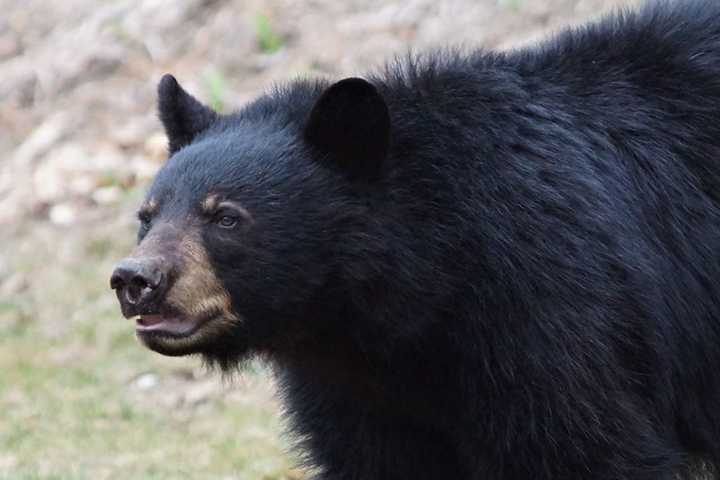The Westport Police Department said that on Monday, June 29, it received multiple reports of black bears making the rounds in the northern section of town.
Police said that at least one bear cub and one large male bear were spotted by local residents. The bears were not acting aggressively, and seemed to be acting normally.
The Connecticut Department of Energy and Environmental Protection Wildlife Division (DEEP) was notified.
“Black bears are becoming increasingly common in Connecticut,” police said. “In order to safely co-exist, residents are reminded to take precautions to prevent negative encounters with bears and nuisance behavior.”
Officials warned that bears are attracted to bird feeders and garbage, and are more likely to revisit places they’ve found food in the past.
"With the arrival of spring, bear activity is increasing throughout the state," DEEP said. "While bears await the growth of fresh spring vegetation, they continue to rely on acorns and the remaining hard mast leftover from fall.
In addition to natural foods, birdseed, human food waste, and pet food, unprotected livestock, and beehives are also consumed by bears, especially near the areas where food rewards have been found in the past.
"Connecticut residents are reminded to look around their homes for potential attractants and properly secure or remove them," DEEP noted.
"Secure garbage containers in a locked area and add ammonia to trash bags. Livestock and beehives should be protected with appropriate electric fencing that is properly maintained year-round. Taking such steps is important to greatly reduce encounters and potential conflicts with bears."
According to DEEP, “though rarely seen by most, black bears are valued by hunters, photographers, and wildlife watchers."
“Many people enjoy just knowing that bears are present in (the area). For many, black bears symbolize wilderness and wildness, but increasingly, bears can be found in semi-rural environments, agricultural areas, and occasionally in urban centers.”
In the event of a bear sighting, wildlife officials offered a series of tips in case of a close encounter:
- Remain calm and avoid sudden movements;
- Give the bear plenty of room, allowing it to continue its activities undisturbed. If it changes its behavior, you are too close, back away;
- If you see a bear, but it doesn't see you, detour quickly and quietly;
- If it sees you, talk in normal tones and wave your arms;
- If a bear pursues you, do not run. Throw a personal item on the ground. He may be distracted by this and allow you to slowly escape;
- A standing bear is not always a sign of aggression. Many bears will stand to get a better view.
"If a bear is seen in your town or neighborhood, leave it alone. In most situations, if left alone and given an avenue for escape, the bear will usually wander back into more secluded areas," according to officials. "Keep dogs under control.
Click here to follow Daily Voice Brookfield and receive free news updates.
